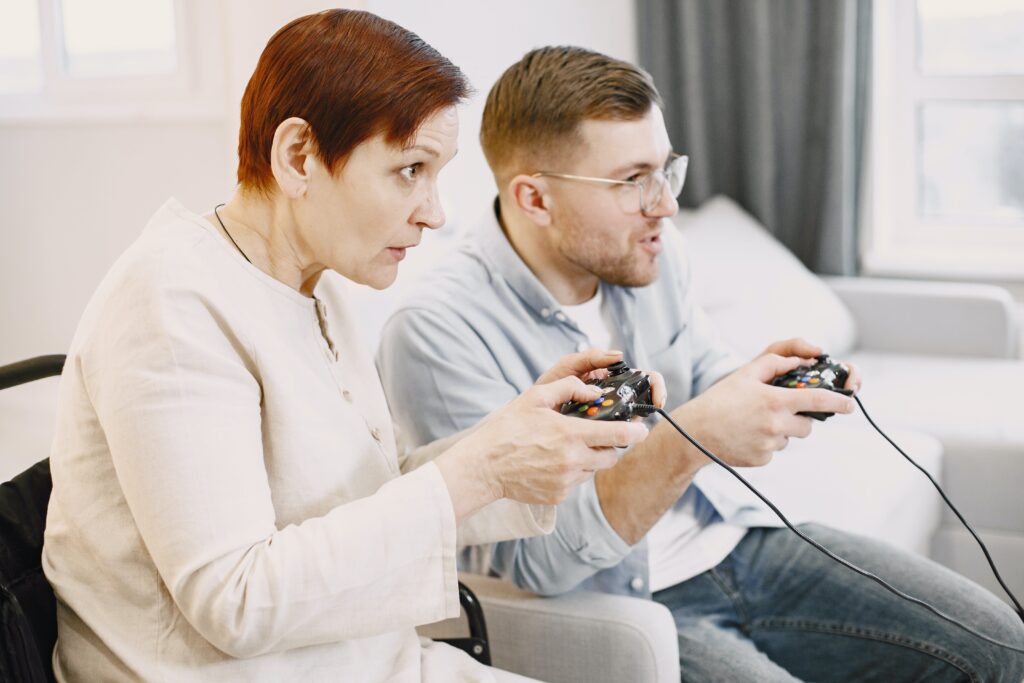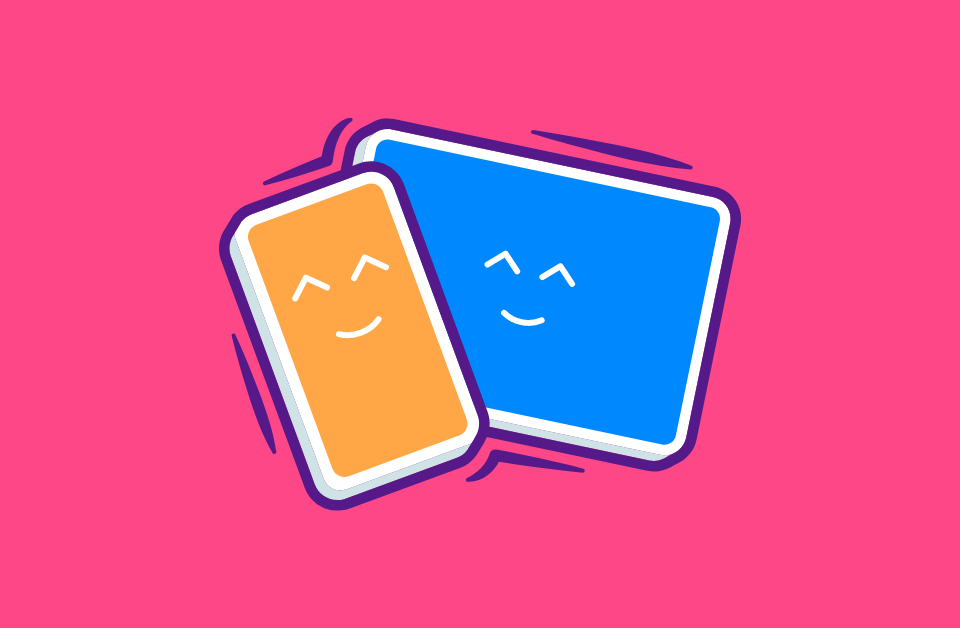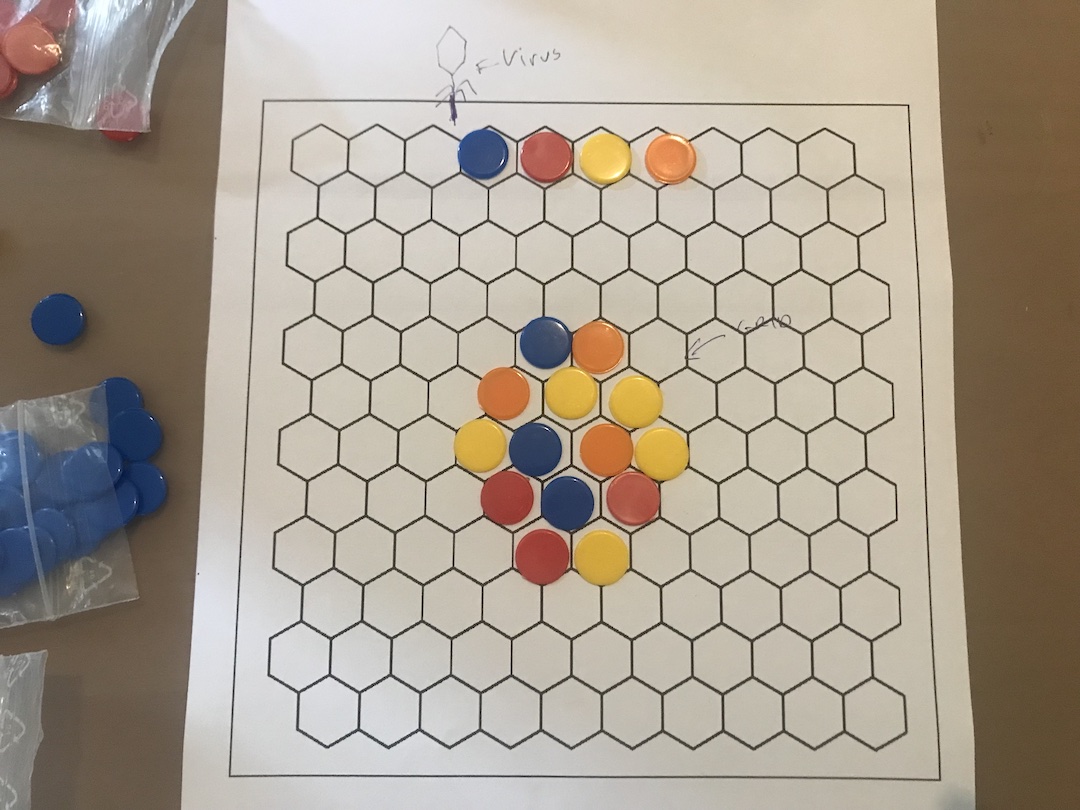
How CRISPR Crunch transformed from Tower Defense to Pattern-Matching Puzzle
2023-10-12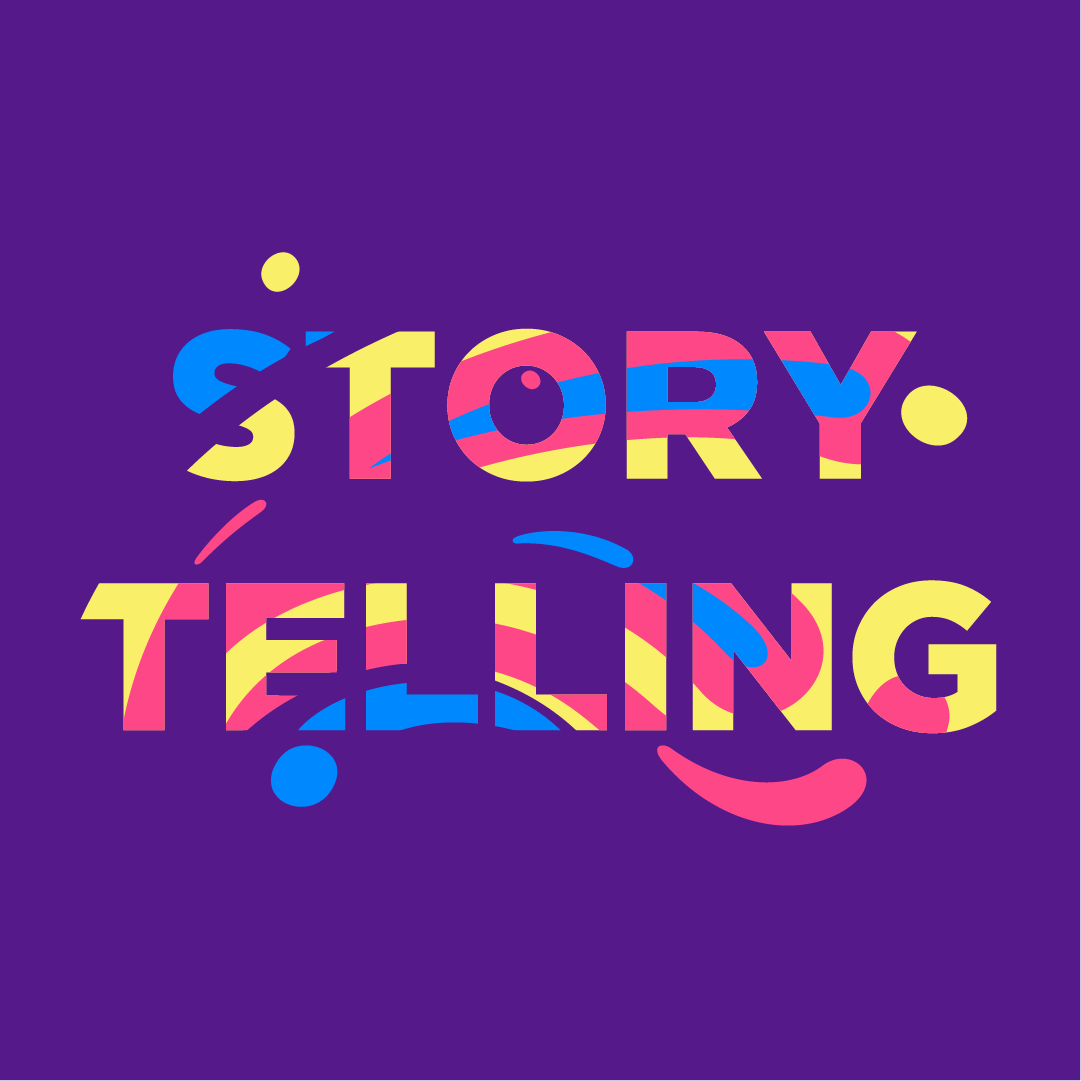
Why you should create stories for your educational games
2023-12-12Going with the flow: How games can improve learning
Have you ever been so invested in a game that you lost your sense of time and suddenly found yourself having spent hours on a single play session? Congratulations, you’ve just experienced what is referred to as the flow state.
And while some may view this as alarming (hi mom! hi dad!), we like to consider this phenomenon as a golden opportunity to create something great.
What is "flow"?
Simply put, “flow” is a state of consciousness where someone is deeply absorbed by an activity. It was first introduced by Mihaly Csikszentmihalyi in his book “Flow: The Psychology of Optimal Experience”.
During this state, people experience extreme focus and profound creativity and enjoyment of the activity being committed.
It is considered to be the optimal state to be in for learning activities, as it allows for the best absorption and retention of information.
What does it look like?
When someone is in flow state, they become laser-focused and single-minded. Nothing will matter to them except completing the task they have set out to do. Attentional focus is the name of the game.
People might go as far as tuning out their own physical needs - temporarily forgetting to eat, use the restroom, or shift from an uncomfortable sitting position.
How do you reach flow?
There isn’t a single way or a recipe for success to induce flow - only a checklist of different characteristics that must be met.
- Goal: The first fundamental characteristic is a goal. Whatever the activity is, there must be a point to it; something to reach. The person needs to have an end point or an objective to focus their attention on. That said, the activity itself has to be enjoyed for what it is, regardless of the intention behind doing it.
- Challenge: In order for the activity to be stimulating, it must be have a challenge - and appropriately so. Too easy, and it is not enough to keep them interested; too hard and it becomes too frustrating for them to get invested.
- Control: Achieving flow as a spectator is a rare occurrence. When people feel in control of the activity, they become more immersed in it.
- Feedback: The last main component, feedback helps keep people engaged in what they’re doing. By immediately seeing the results of their efforts, they receive the instant gratification or motivation to keep at it.
Sound familiar?
Though research in neuroscience is still inconclusive when it comes to the specific characteristics of brain activity during flow state, there is one consensus:
Flow state is achieved when there is a balance between the challenge of the activity and the subject’s level of skill.
What’s more, there is a growing consensus that video games register the most frequent, prolonged states of flow amongst its audience. This makes sense, considering their immersive, challenging nature, as well as their adaptive levels of difficulty, and the constant feedback and reward systems they have whenever a player completes a new level or challenge.
What the research says
So far, the research on the games for learning has been quite promising. One study conducted at the Monash University in Australia, found that video games were able to help students acquire greater scores in reading and listening skills when learning a new language.
This was because of various motivations to learn the language: their investment in the game, the many audio and visual cues therein, and the need to understand the language in order to advance.
Where we come in
At Play Curious, we seek to make education fun and accessible for all. We create solutions for those who wish to deliver learning material that is engaging and engenders both interest and conversation. We’ve covered a wide range of topics from science and tech, to history and ecology.
Our latest game, CRISPR Crunch, offers players the opportunity to learn about some of the basic notions behind exciting new advances in biotechnology - by means of a tile-matching game.
We do not seek to just replace standard educational material, however. Our experiences are created with one goal in mind: To spark curiosity!
